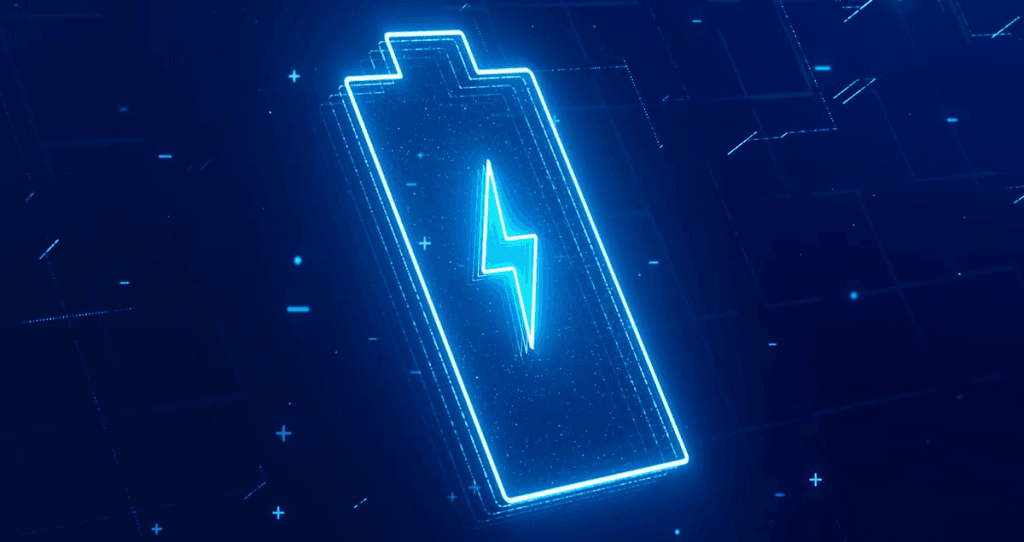Huawei is making big strides in energy storage with its new solid-state battery technology. The tech leader has recently announced a patent for a sulfide-based solid electrolyte, which is a key part of the next-gen lithium-ion batteries.
Huawei’s Battery Patent Enhances Lifespan and Safety
This groundbreaking technology tackles a major issue in the battery sector: the breakdown of liquid electrolytes. By swapping out these liquid elements for solid electrolytes, Huawei seeks to greatly improve the lifespan, safety, and efficiency of batteries, especially for uses like electric vehicles (EVs) and energy storage systems.
The sulfide-based solid electrolyte in the patent shows outstanding traits, such as high energy density, quick charging and discharging capabilities, and superb performance in low temperatures. Additionally, it enhances safety by reducing the chance of thermal runaway, which is a frequent worry with standard lithium-ion batteries.
Aligning with the Push for Sustainable Energy
This development fits well with the worldwide movement towards sustainable energy solutions and the rising need for high-performing batteries. By tackling the drawbacks of existing battery technologies, Huawei’s solid-state battery innovation could speed up the use of electric vehicles and renewable energy sources.
As society moves towards a greener future, breakthroughs like Huawei’s solid-state battery technology are crucial. By solving the problems of traditional batteries, this innovation might open the door to a new age of energy storage options.
Battery Innovations in the Smartphone Market
Battery advancements are also a hot topic in the smartphone industry. At the Mobile World Congress this year, the focus was on creating batteries that charge faster and last longer for smartphones.
Various companies are investigating materials such as lithium-sulfur and graphene to prolong battery life. This year, most leading smartphone brands are utilizing silicon-carbon batteries, which provide greater energy density, quicker charging, and a longer lifespan compared to conventional lithium-ion batteries.
In addition, a Chinese startup has introduced a nuclear battery that could potentially power a smartphone for as long as 50 years. The European Union has also rolled out new standards to promote more sustainable and recyclable batteries.


Leave a Reply